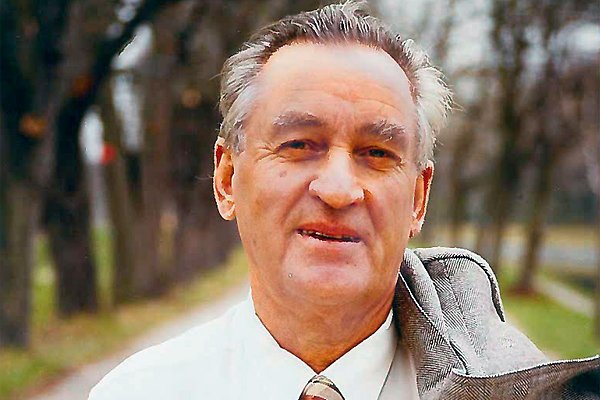The Göran Gustafsson Symposium

Every year, Uppsala University, together with the Göran Gustafsson Foundation for Research at Uppsala University and KTH, invites an internationally renowned researcher in medicine to give a lecture.
The 2023 Göran Gustafsson Symposium
Choices – facing the challenges of dependency
The 2024 lecture is part of a larger symposium in collaboration with U-FOLD. The keynote lecturer and this year’s Göran Gustafsson Lecturer is Andrew Holmes, Chief at the Laboratory of Behavioral and Genomic Neuroscience at the National Institute on Alcohol Abuse and Alcoholism.
At the symposium, several leading Swedish researchers will also report from the absolute frontline of addiction research.
Andrew Holmes, this year’s Göran Gustafsson Lecturer
Andrew Holmes, Chief at the Laboratory of Behavioural and Genomic Neuroscience at the National Institute on Alcohol Abuse and Alcoholism, specialises in neuroscience with a focus on behaviour and addiction. Recruited to the Institute in 2004, he studies brain regulation of emotion and cognition using animal models.
Göran Gustafsson – a true philanhropist in the world of science

Göran Gustafsson (1919–2003). Foto: G-Förvaltning AB.
Göran Gustafsson was born in the far north of Sweden. Becoming a successful businessman, notably in real estate, Göran Gustafsson created the economic basis for his donations to two foundations that promote basic scientific research. Through these donations, Göran Gustafsson’s vision was to provide Swedish researchers with the required conditions to compete with the best researchers in the world.
In 1986, Göran Gustafsson created a foundation to support basic research in the field of medicine at Uppsala University and in the field of engineering physics at both the Royal Institute of Technology (KTH) and Uppsala University. The Göran Gustafsson Foundation for Research at Uppsala University and KTH started with a donation of 136 million Swedish SEK and currently awards 14 million SEK in grants annually.
In 1989, the Göran Gustafsson Foundation for Research in Natural Sciences and Medicine was established with a donation of 270 million SEK. Today, the Foundation makes awards of approximately 27 million SEK annually. The primary objective of this foundation is to promote basic science in molecular biology, physics, chemistry, mathematics and medicine.
In an interview in 1993, Göran Gustafsson explained why he sold his property portfolio and donated more than SEK 400 million to foundations, where the return goes to rewarding outstanding researchers:
“The money has been my tool. When the craftsman retires, he leaves the tools for those who can best take over. I want to create conditions for researchers to develop methods that improve nature and our environment. I feel bad when I think about the environmental damage that we have contributed to. This is a thank you to the society that gave me the chance!”
Göran Gustafsson’s efforts have not remained unpaid. Already in 1987, he received the Uppsala University Gustaf Adolf medal. The same year, he was made Technology Honorary Doctor at KTH. When King Carl XVI Gustaf and three other friends of Uppsala University were awarded the title of honorary member of Uppsala University in 1990, Göran Gustafsson was one of the three.
